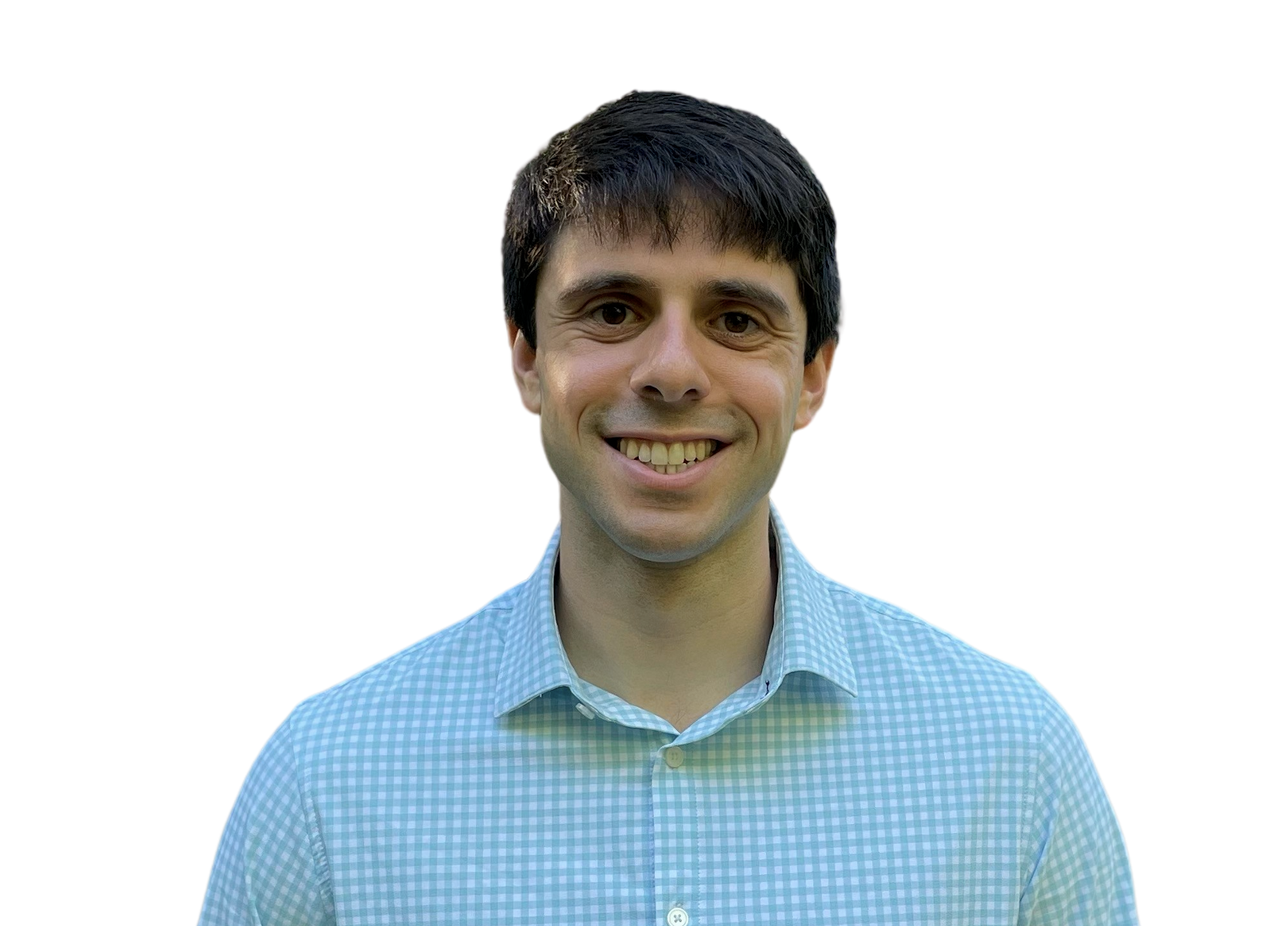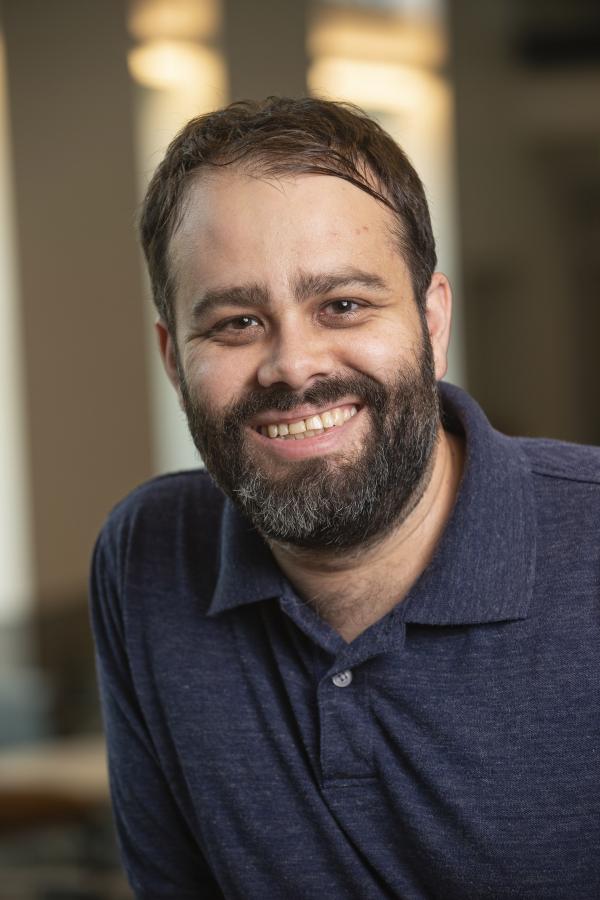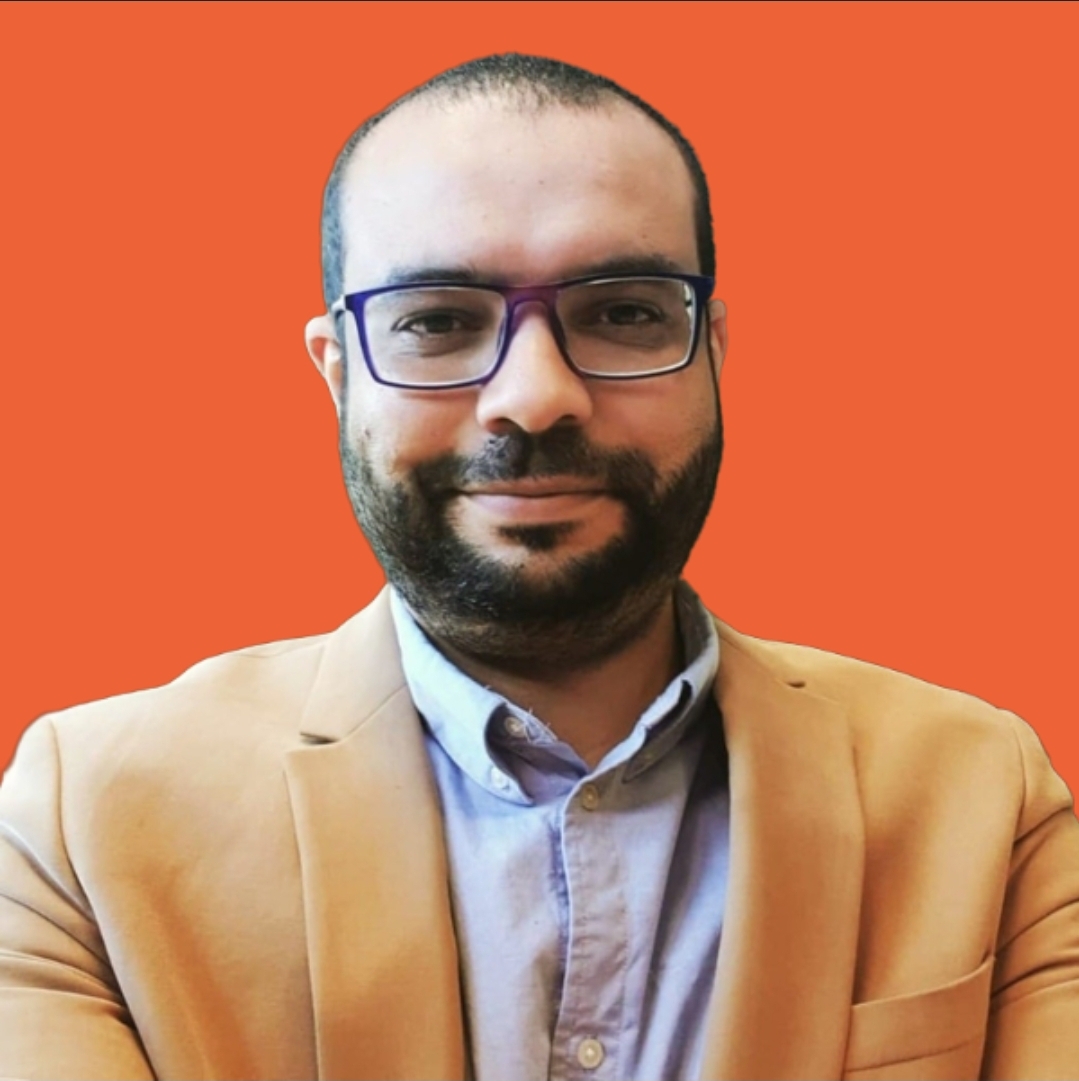Dr. Ezieddin Elmahjub is an Associate Professor of Law at Qatar University and the Chair of the Centre for Law and Development (CLD). He holds a Master’s and PhD from Queensland University of Technology, Australia. Dr. Elmahjub’s research focuses on the intersection of law, ethics, and technology, with particular emphasis on AI governance, data ethics, and the application of Islamic jurisprudence to contemporary legal challenges.
He has held various teaching and research positions at Swinburne University, Queensland University of Technology, the University of New England, and the National University of Singapore. Dr. Elmahjub is the author of An Islamic Vision of Intellectual Property (Cambridge University Press, 2019) and has published widely in leading journals, including Philosophy & Technology, Oxford Journal of Law and Religion, Asian Journal of Comparative Law, and IEEE. His work explores ethical frameworks for AI, the regulation of emerging technologies, and the integration of Islamic legal principles into modern legal systems.
Dr. Elmahjub has led interdisciplinary projects on AI ethics, predictive modeling in judicial systems, and the governance of AI-extended reality in the metaverse, making him a recognized voice in discussions on AI, data, and Islamic jurisprudence.

















